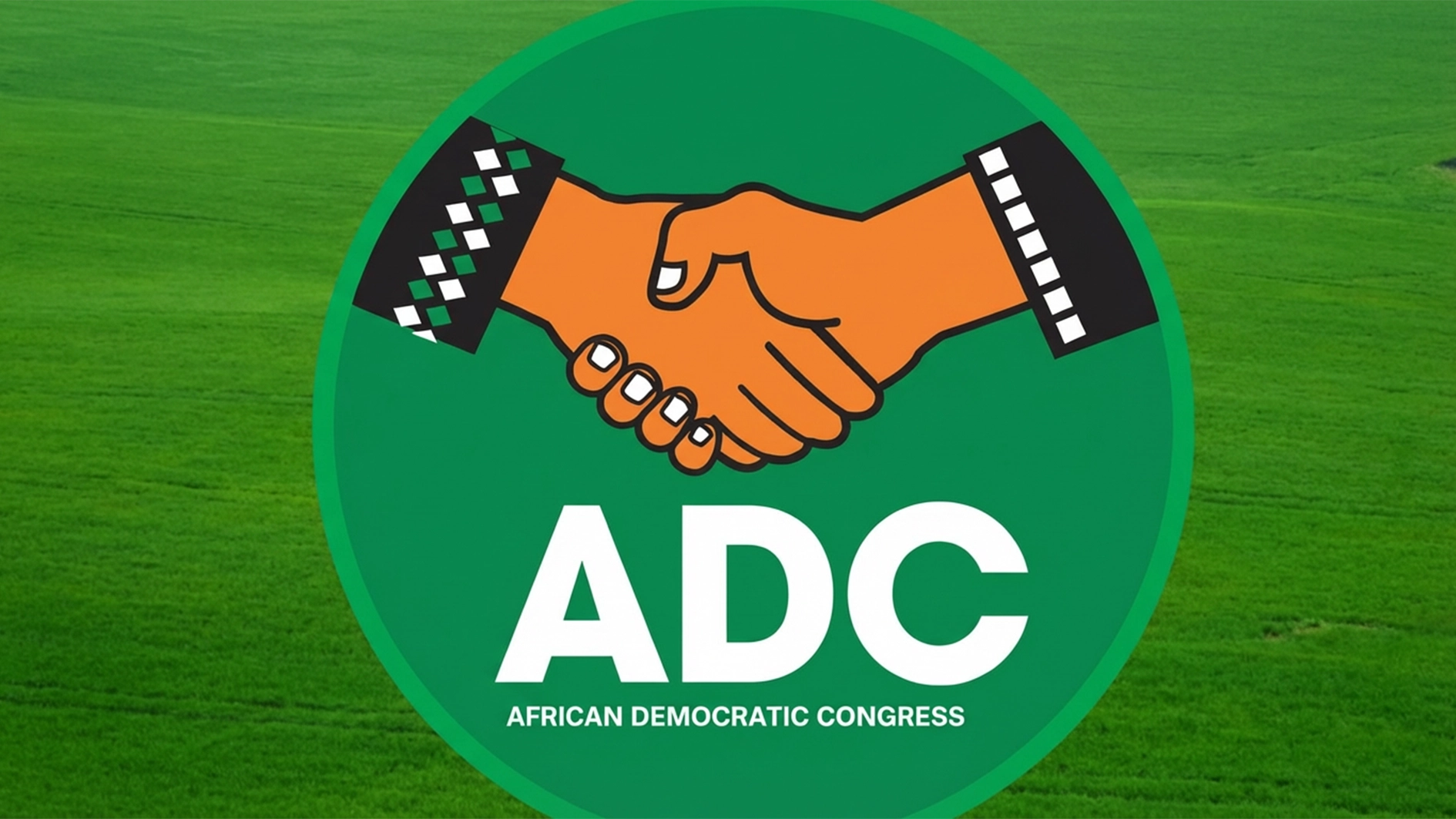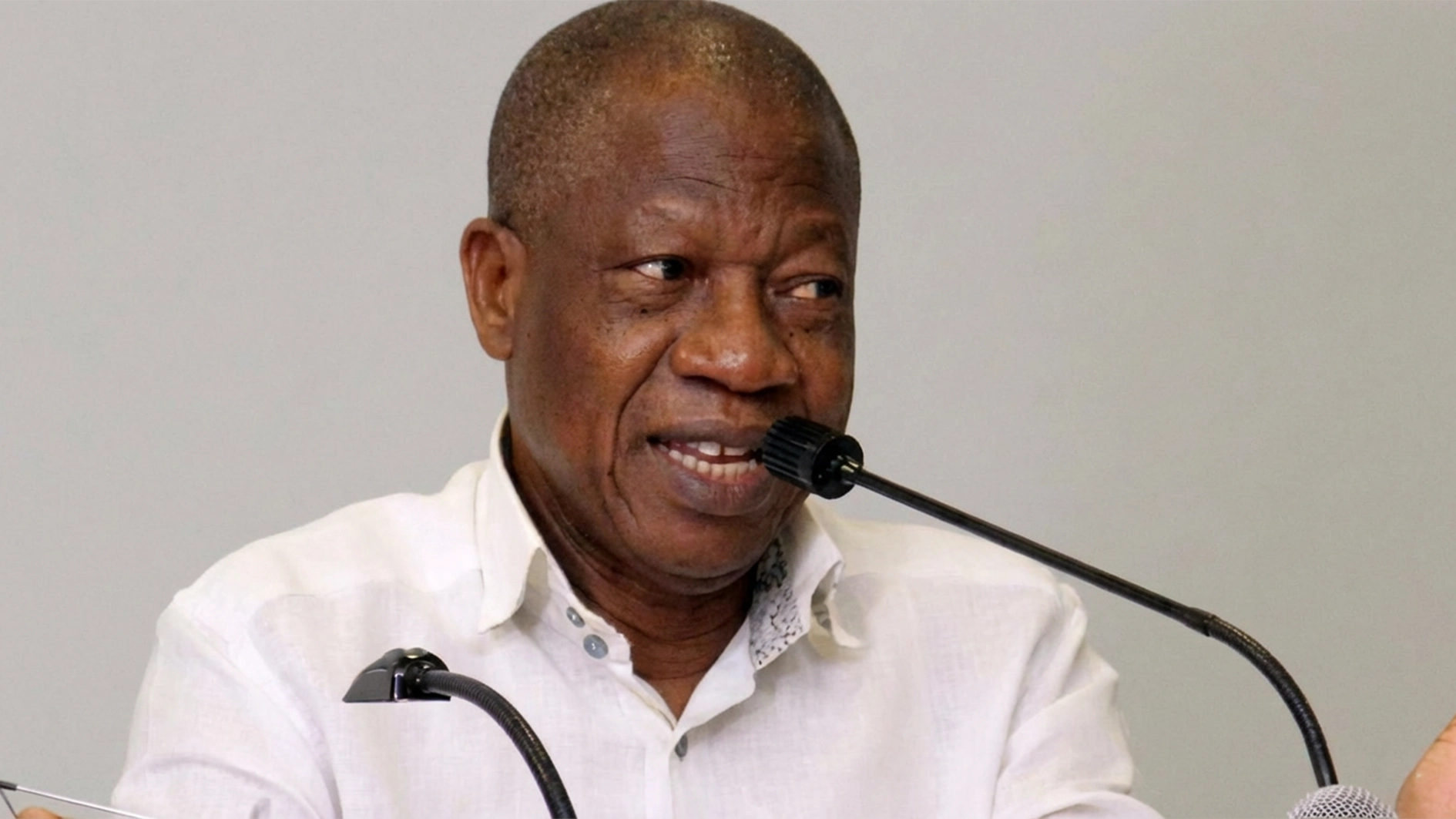
• Presidency clarifies derivation-based VAT model amid northern govs’ opposition
• Reps to probe N121.67tr federal, state loans, borrowing since 1999
• Okunlola warns of rising debt, calls for oversight on loan utilisation
Amid controversy over President Bola Tinubu’s tax reform bills submitted to the National Assembly, the Senate and House of Representatives unexpectedly adjourned plenary sessions yesterday until November 19.
On Wednesday, the Senate had included the tax reform bills on its order paper for a first reading, but it was set aside, along with other items, to prioritise the screening and confirmation of seven ministerial nominees submitted by President Tinubu last week.
In an unusual move, the bill was omitted from the order paper used in yesterday’s Senate plenary session.
Apparently unsettled by criticism from key stakeholders—including state governors and some Senators like Ali Ndume (APC, Borno South) and Dandutse Muntari (APC, Katsina South)—the Senate hastily entered a closed-door session roughly an hour into plenary proceedings.
Senate Leader Opeyemi Bamidele (APC, Ekiti Central) proposed the session, citing a need to discuss matters concerning the National Assembly’s operations. Following nearly two hours of deliberation, Senate President Godswill Akpabio stated that issues of urgent national importance were addressed.
“Distinguished colleagues, the Senate discussed matters of urgent national importance in the closed session. Is this an accurate reflection of what transpired?” Akpabio asked, to which the Senators responded affirmatively.
The unexpected adjournment was further underscored when, following the closed session, the Senate only reviewed a report from its Committee on Agricultural Colleges and Institutions, deferring three other scheduled items.
After considering the bill on the establishment of the University of Agriculture and Tropical Studies in Iragbiji, Osun State, Akpabio announced an adjournment of plenary until November 19, 2024, to allow time for oversight and committee engagements.
THIS came as the National Economic Council (NEC) recommended the immediate withdrawal of the Tax Reform Bill from the National Assembly to allow for broader stakeholder consultations.
Oyo State Governor Seyi Makinde disclosed the NEC’s decision following the Council’s 144th meeting, which Vice President Kashim Shettima chaired at the Presidential Villa in Abuja.
Makinde told journalists that members, during a closed-door session, agreed on the importance of engaging in extensive consultations to foster understanding and alignment on the proposed legislation.
“NEC noted the need for sufficient alignment on the proposed reforms and recommended the withdrawal of the Tax Reform Bill,” Makinde stated. He added that this decision was taken in the nation’s interest, stressing the importance of gathering broader input on the bill before moving forward.
“We observed the gap and determined that a wider consultation is necessary,” Makinde said.
President Bola Tinubu and the Federal Executive Council recently endorsed the proposed tax reforms as part of a series of initiatives aimed at streamlining Nigeria’s tax administration processes. The Federal Government highlighted that these reforms are intended to enhance efficiency and remove redundancies within the country’s tax system.
The current reforms emerged from a comprehensive review of existing tax laws initiated in August 2023. Four executive bills have been submitted to the National Assembly for consideration as part of this tax overhaul.
NEC’s recommendation for withdrawal follows opposition from the Northern Governors, who recently voiced concerns over the proposed reforms.
On October 28, 2024, governors from the 19 Northern states, under the Northern Governors’ Forum, rejected the derivation-based VAT distribution model outlined in the tax reform bills under review by the National Assembly.
In a communiqué issued by the forum’s chairman, Gombe State Governor Muhammed Yahaya, the Northern governors contended that the proposed model contradicts the interests of the North and other sub-national regions, urging reconsideration of the reforms.
However, the Presidency addressed concerns about the proposed derivation-based Value Added Tax (VAT) distribution model.
The Northern Governors’ Forum had raised concerns that the derivation-based VAT model would lead to job losses and economically disadvantage the region.
In response, the Presidency reassured that the reforms aim to stimulate new job opportunities and foster a dynamic and growth-oriented economy.
A statement by Bayo Onanuga, the Special Adviser to the President on Information and Strategy, emphasised that the reforms are intended to benefit Nigerians broadly and will not undermine any part of the country.
The statement highlighted that the current VAT distribution model is based on where the tax is remitted rather than where goods and services are supplied or consumed. According to the Presidency, this approach has created inequities that the tax reform seeks to address.
The proposed model, currently under consideration by the National Assembly, considers the place of supply or consumption of relevant goods and services. This would ensure that Northern states producing food and other essential goods are not disadvantaged in VAT revenue allocation.
Under the new system, Northern states that contribute significantly to food production will no longer lose VAT revenue because their products are VAT-exempt or consumed in other regions.
The Presidency reiterated that the reforms prioritise fairness and equity, recognising each region’s unique contributions to the national economy. It further assured that the proposed laws will not increase tax rates or add additional taxes but instead focus on optimising and simplifying the existing tax frameworks.
The statement explained that the proposed laws aim to coordinate efforts among various levels of government, enhancing tax resource management and providing greater clarity for taxpayers. Currently, taxes such as Company Income Tax (CIT), Personal Income Tax (PIT), Capital Gains Tax (CGT), Petroleum Profits Tax (PPT), Tertiary Education Tax (TET), VAT, and other taxes operate under separate legislative frameworks. The proposed reforms seek to consolidate these, integrating CIT, PIT, CGT, VAT, PPT, and excise duties into a unified structure to reduce administrative complexity.
Regarding the derivation-based VAT distribution model, which was opposed by the Northern Governors, the Presidency clarified that the new proposal was intended to create a fairer system. The ongoing tax reform seeks to correct the inequity in the current derivation model as the basis for distributing VAT revenue. The proposal now before the National Assembly considers the place of supply or consumption for goods and services, ensuring states in the Northern region do not miss out on VAT revenues.
The Presidency noted that the proposed tax reforms were developed to enhance the lives of Nigerians and were not initiated to marginalise any region. It remarked that there is no better time for the National Assembly to give due consideration to these bills that will modernise the nation’s tax systems and create the revenue necessary for development at all levels of government.
Further explaining the administration’s tax reform strategy, the statement added that President Tinubu and the Federal Executive Council recently endorsed new policy initiatives to streamline Nigeria’s tax administration processes, improve efficiency, and eliminate redundancies.
The statement also detailed the four executive bills under consideration in the National Assembly to modernise Nigeria’s tax landscape. The first is the Nigeria Tax Bill, which seeks to eliminate multiple taxation and enhance economic competitiveness by simplifying tax obligations. The second, the Nigeria Tax Administration Bill (NTAB), proposes harmonising tax administrative processes across federal, state, and local levels to ease compliance. A third bill, the Nigeria Revenue Service (Establishment) Bill, renames the Federal Inland Revenue Service (FIRS) to the Nigeria Revenue Service (NRS), reflecting its mandate as a federal revenue agency.
The fourth, the Joint Revenue Board Establishment Bill, proposes the establishment of a Joint Revenue Board to replace the Joint Tax Board, with authority over federal and state tax bodies.
Additionally, the reforms introduce the Office of Tax Ombudsman, tasked with handling taxpayer complaints. These changes are intended to optimise and streamline the tax system without adding to taxpayers’ burdens, maintaining current tax rates while ensuring equitable distribution.
The Presidency stressed that the reforms are designed to enhance job creation and economic growth, not to result in job losses. The new laws aim to harmonise revenue collection across government levels, ensuring coordination and efficiency. The statement concluded by warning that inefficiencies arising from uncoordinated tax administration across federal, state, and local governments will continue in the absence of reform.
IN a related development, the House of Representatives has tasked its Committee on Aids, Loans, and Debt Management with conducting a comprehensive audit and oversight of all loans acquired by federal and state governments since the onset of the current democratic era.
As of now, the nation’s total debt has reached N121.67 trillion.
Since the return to democracy 25 years ago, Nigeria has seen five administrations led by Presidents Olusegun Obasanjo, Umaru Yar’Adua, Goodluck Jonathan, Muhammadu Buhari, and the current President, Bola Tinubu. Over this period, billions of dollars have been borrowed to finance various developmental projects, while each of the 36 states has also accumulated both foreign and local debts.
The committee has been given four weeks to submit its findings to the House for further legislative review.
This mandate followed a motion raised by Representative Lanre Okunlola during yesterday’s plenary session. The motion, titled “Need to Ensure Public Debt Oversight on Federal and State Governments’ Loans and Proper Utilisation of Borrowed Funds,” highlighted the necessity of a debt audit to safeguard fiscal transparency and sustainability.
Okunlola referenced data released by the Debt Management Office (DMO) as of March 31, 2024, which detailed Nigeria’s current public debt profile, combining external and domestic debt. According to DMO figures, the country’s debt had risen sharply, reaching N121.67 trillion ($91.46 billion), with domestic and international loans by federal and state governments to cover various projects and budget shortfalls.
“Nigeria’s debt increased by N24.33 trillion in three months, from N97.34 trillion ($108.23 billion) in December 2023 to N121.67 trillion ($91.46 billion),” Okunlola noted, adding that while borrowing is essential for financing development, unchecked debt accumulation poses significant risks to the nation’s economic stability and growth prospects.
He further highlighted that the 1999 Constitution, Fiscal Responsibility Act (2007), and Debt Management Office Establishment Act (2003) oblige the National Assembly to approve all government loans and ensure their judicious use.
“More than 40 per cent of developing nations, including Nigeria, currently allocate a substantial portion of their budgets to debt servicing and repayments, often at the expense of vital sectors such as education, healthcare, infrastructure, and social services,” he said.
Expressing concern, Okunlola cited what he described as a growing lack of oversight and transparency in the management and utilisation of borrowed funds by both federal and state governments.






